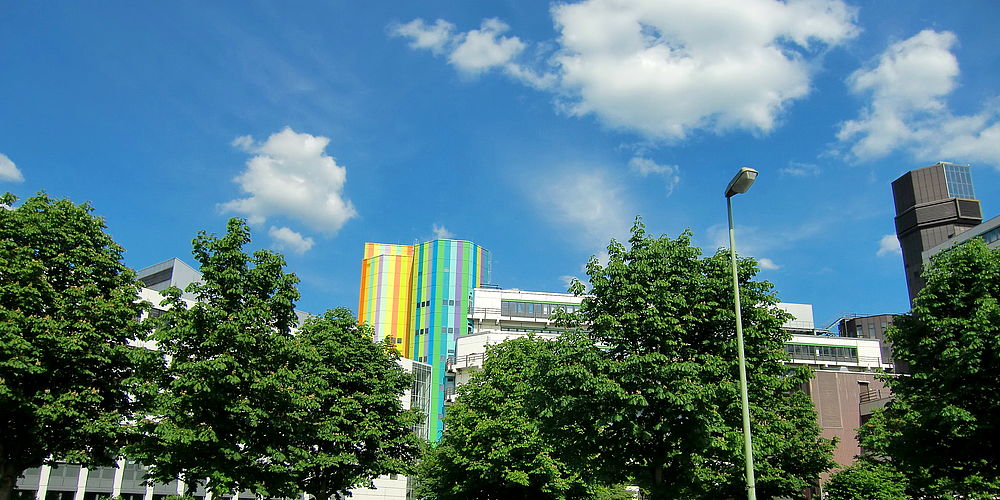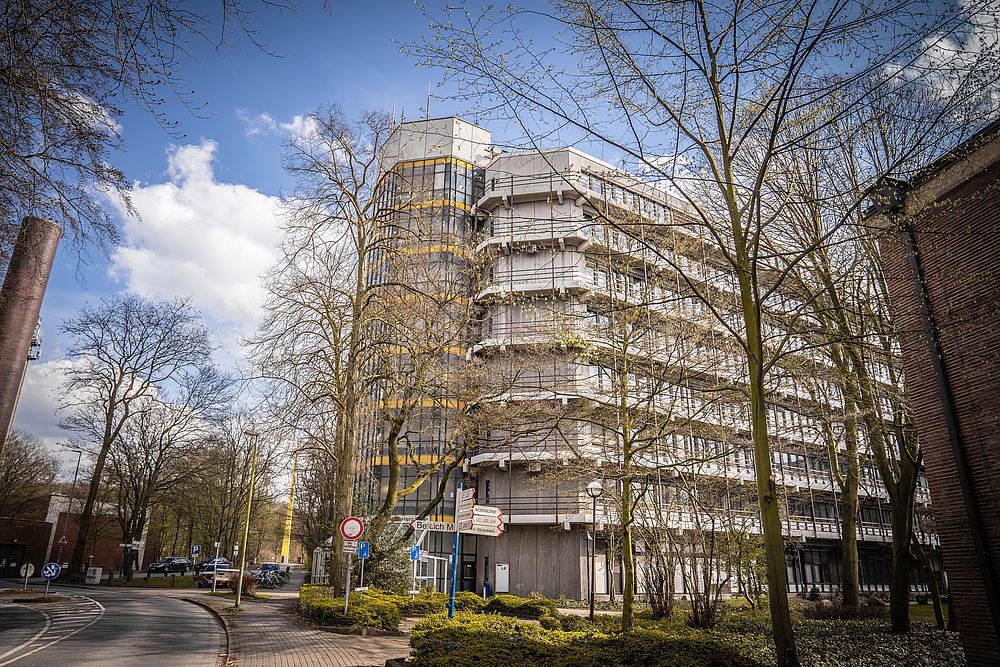Education and research mean the future. A first foundation of the old University of Duisburg dates back to 1655. Duisburg has been the university location of the University of Duisburg-Essen since 2003. Until the merger, it was called Gerhard Mercator University, named after the great scholar who presented his "Great Map of the World" here in 1569, which became the basis of today's navigation.
With 40,000 students from 130 nations and more than 240 bachelor's and master's degree programs, the University of Duisburg-Essen is one of the ten largest German universities; it is also considered a center of nanoscience and biomedical research.

Not only Mercator's first atlas in the Middle Ages was a pioneering scientific achievement from Duisburg, the arc extends to hydrogen as a future energy carrier, for which Duisburg is now a national competence center. With areas of the future such as energy, greentech, logistics/world trade or culture, there are job prospects for young talent in particular, which in combination with affordable housing offer a real alternative to the established cities.
Duisburg is also home to the Folkwang University of the Arts, the FOM University of Economics and Management, and the University of Police and Public Administration.

Duisburg is home to a total of ten research institutes. These include:
-the Center for Nanointegration
-the DST Development Center for Ship Technology and Transport Systems
-the FEhS Institute for Building Materials Research
-the Fraunhofer InHaus Center
-the Fraunhofer Institute for Microelectronic Circuitry
-the Institute for Energy and Environmental Technology
-the NanoEnergyTechnology Center
-the Rhine-Ruhr Institute for Social Research and Political Consulting
-the ZBT Center for Fuel Cell Technology
-the Center for Semiconductor Technology and Optoelectronics.